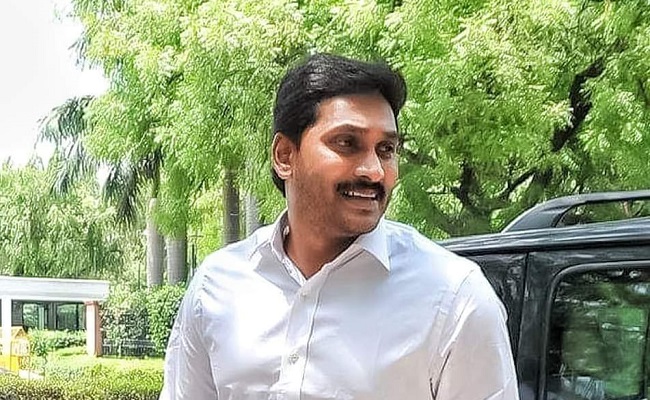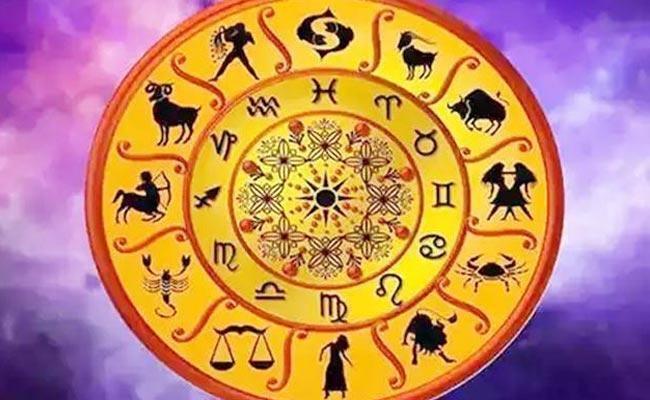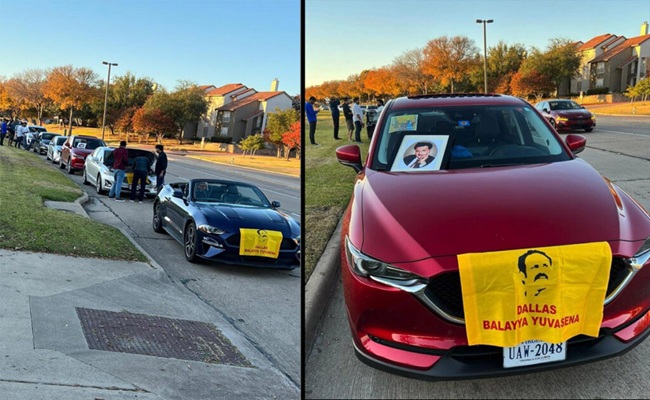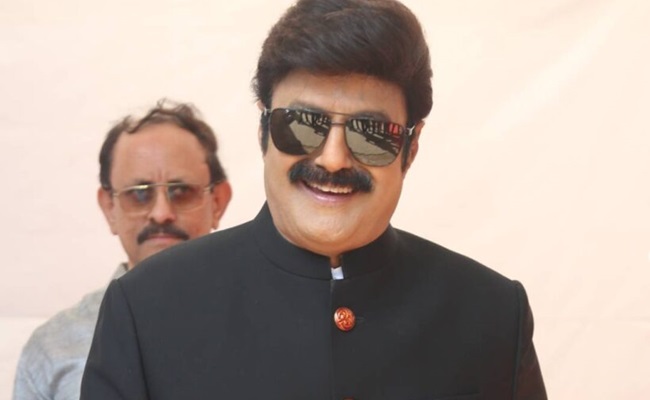
It has been a week since YSR Congress party government in Andhra Pradesh led by chief minister Y S Jagan Mohan Reddy released to the media his letter to chief justice of India S A Bobde along with a series of annexures making sensational allegations against Supreme Court judge N V Ramana and some judges of the state high court.
In fact, Jagan wrote the letter on October 6, but released to the media only four days later. So far, there has been no response form the CJI over the letter nor was there any move from the Centre.
The chief minister was expected to go to New Delhi this week-end to follow-up his complaint, but he has not done so, for reasons known only to him.
Now, the question is what the CJI would do with the letter – whether he would simply ignore it or order an inquiry against Ramana and others that might lead to their impeachment.
According to legal experts, there is an obligation on the part of the CJI to examine the complaint of Jagan, who is an executive head of a state. The CJI cannot ignore it as a political allegation as it is a complaint from a chief minster.
Experts say the CJI has to constitute a committee comprising another senior judge of Supreme Court and a couple of chief justices of different high courts to examine the complaint.
The committee after due inquiry can reject the complaint on the ground that the charges are baseless; or find the evidences submitted by the chief minister substantial and recommend to the Centre for impeachment; can directly ask the Parliament to impeach the judge.
However, no criminal case can be registered under section 154 of the criminal Procedure Code (an FIR) against a judge of the high court, Chief Justice of the High Court, or a judge of the Supreme Court unless the government first ‘consults’ the Chief Justice of India.
However, the government can initiate criminal proceedings against a sitting or former judge of a superior court under sub section (2) of Section 3 of Judges (Protection) Act, 1985 if it can produce material evidence to show that a judgment was passed after taking a bribe.
In any case, the examination of Jagan’s complaint is a matter of administrative discretion of the Chief Justice of India, as per the rules prescribed by the Supreme Court. If the CJI doesn’t take any decision, Jagan cannot do anything.













